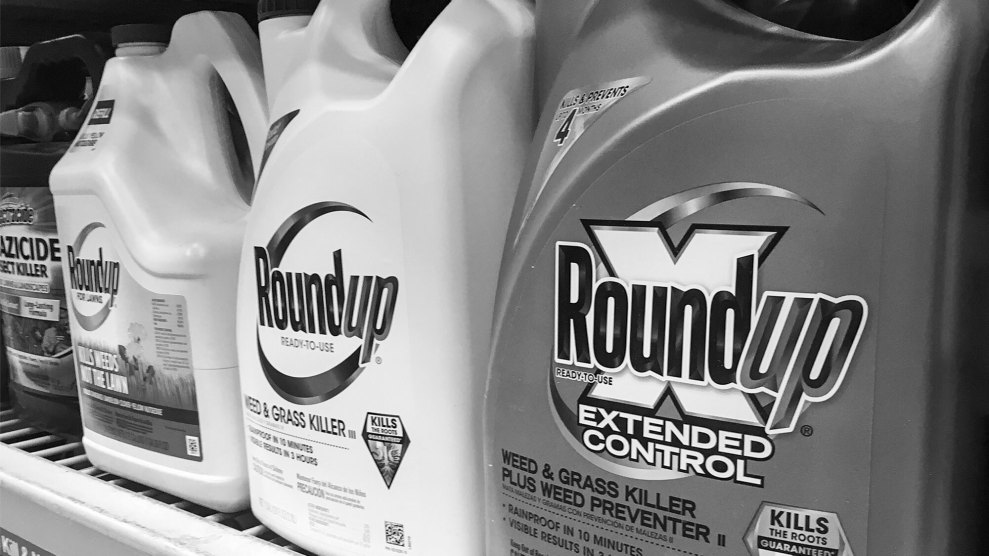A new study from the Death Penalty Information Center, “Smart on Crime,” reports that halting executions could save millions of dollars. This is no small consideration for cash-strapped state governments—especially if the large sums they spend aren’t delivering greater public safety. The study reports that a national poll of police chiefs rate the death penalty at the bottom of their list of crime-fighting priorities: “The officers do not believe the death penalty acts as a deterrent to murder, and they rate it as one of most inefficient uses of taxpayer dollars in fighting crime. Criminologists concur that the death penalty does not effectively reduce the number of murders.”
Nationwide, death sentences have declined by 60 percent since 2000 and executions by nearly as much. Keeping 3,300 inmates on death row is very expensive, as are prosecutions seeking the death penalty because the legal process is so long and complex. In many instances, people sentenced to death end up sitting in prison for many years before ever getting close to facing execution—and some never reach that point at all. From the report:
California is spending an estimated $137 million per year on the death penalty and has not had an execution in three and a half years. Florida is spending approximately $51 million per year on the death penalty, amounting to a cost of $24 million for each execution it carries out. A recent study in Maryland found that the bill for the death penalty over a twenty-year period that produced five executions will be $186 million. Other states like New York and New Jersey spent well over $100 million on a system that produced no executions. Both recently abandoned the practice. This kind of wasteful expenditure makes little sense. The death penalty may serve some politicians as a rhetorical scare tactic, but it is not a wise use of scarce criminal justice funding.
In 2009, eleven state legislatures considered bills to end capital punishment and its high costs were part of these debates. New Mexico abolished the death penalty and the Connecticut legislature passed an abolition bill before the governor vetoed it. One house of the legislatures in Montana and Colorado voted to end the death penalty, and the Colorado bill would have directed the cost savings to solving cold cases. As the economic crisis continues, the trend of states reexamining the death penalty in light of its costs is expected to continue.













